Tesla made an announcement on Thursday, stating its decision to withdraw from Australia’s major auto lobby, the Federal Chamber of Automotive Industries (FCAI), and to resign from its board. The reason behind this move is Tesla’s accusation that the FCAI has been spreading false information regarding the Australian government’s proposed fuel efficiency standards and their potential impact on car prices. Tesla believes that the FCAI’s claims are not accurate and may mislead consumers. Additionally, Tesla expressed concerns about the FCAI’s involvement in influencing competitor brands’ pricing strategies in response to environmental regulations. Tesla has taken the step of requesting Australia’s competition regulator to investigate the FCAI’s comments, indicating its seriousness about addressing the issue.
Until recently, Australia was one of the few developed countries, alongside Russia, that either lacked or was not actively developing fuel efficiency standards. However, the current center-left Labor government, which came into power in 2022, plans to introduce a fuel efficiency model aimed at limiting the average carbon emissions of new vehicles sold from the next year onwards. This move aligns Australia with standards adopted by most other developed economies and could potentially increase the adoption of electric vehicles (EVs) in the country.
Tesla’s Australian division criticized FCAI, stating that the lobby group advocated for an “ambitious” policy design, acknowledging it wouldn’t reduce vehicle emissions before 2030 and could potentially raise CO2 levels significantly. Tesla also accused the group of misrepresenting the impact on popular utes, claiming FCAI falsely suggested a potential $13,000 price increase in the coming year, despite knowing this wasn’t an accurate representation of the government’s policy.
In response to the government’s proposed fuel efficiency standards, the FCAI expressed concerns about the potential impact on the automotive industry. Specifically, they criticized the government’s decision to impose what they referred to as “extremely aggressive targets” and highlighted the possibility of severe penalties being imposed with very short notice, starting from January 1, 2025. The FCAI argued that this approach could lead to significant disruption within the industry and result in fewer choices and higher prices for consumers.
Despite the FCAI’s reservations, the Australian government has proceeded with its plan to develop and implement fuel efficiency standards. The government has already concluded consultations on its preferred model and aims to introduce legislation later this year. This indicates a firm commitment on the part of the government to address environmental concerns and align with global standards. However, Tesla’s decision to withdraw from the FCAI underscores the tensions within the automotive industry regarding the implementation of these standards and highlights the need for careful consideration of their potential impact on various stakeholders.
In summary, Tesla’s decision to leave the FCAI and its criticism of the lobby’s stance on fuel efficiency standards reflect broader debates within Australia’s automotive industry. While the government seeks to address environmental concerns through the introduction of these standards, industry stakeholders, represented by the FCAI, express concerns about potential disruptions and higher costs for consumers. The outcome of this debate and the implementation of fuel efficiency standards will likely have significant implications for the future of the automotive industry in Australia.
Bringing you the latest updates on finance, economies, stocks, bonds, and more. Stay informed with timely insights.
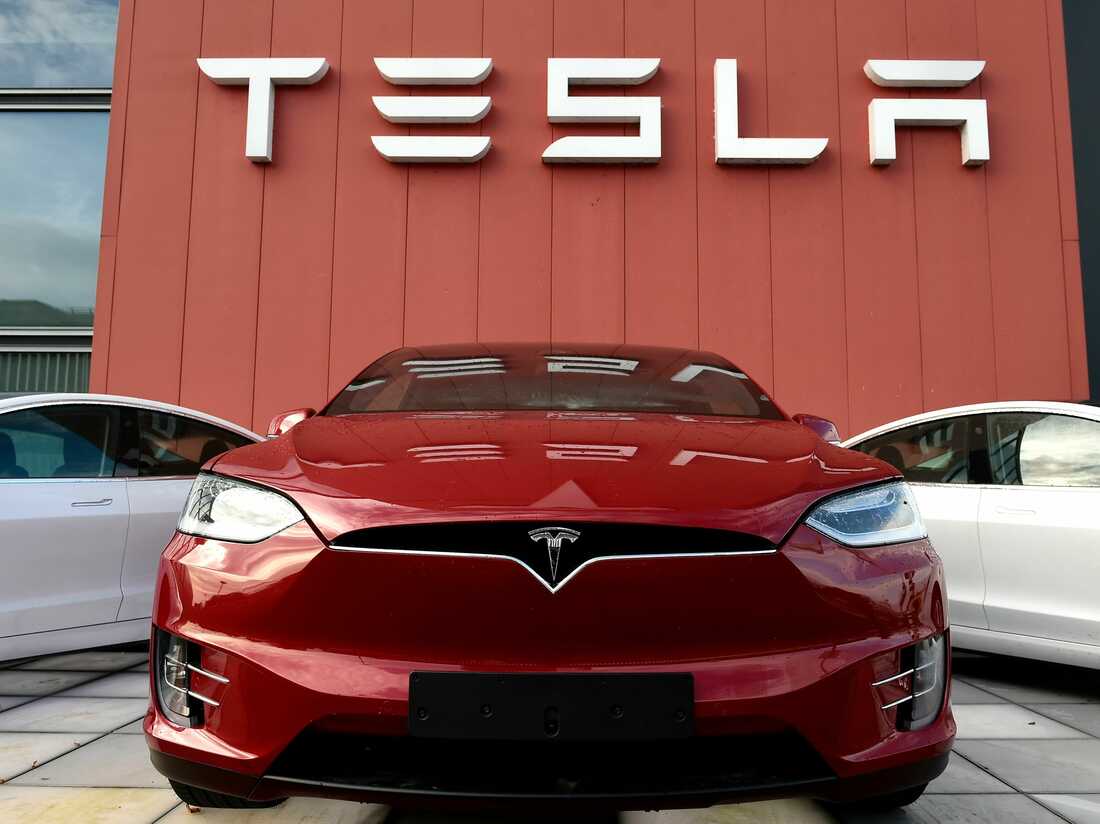













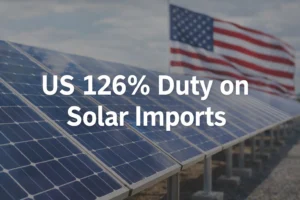
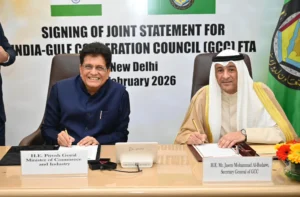





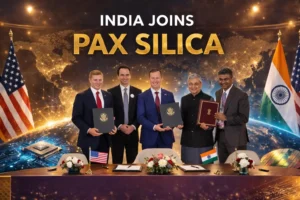







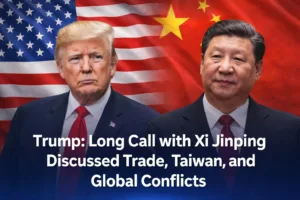



Be First to Comment